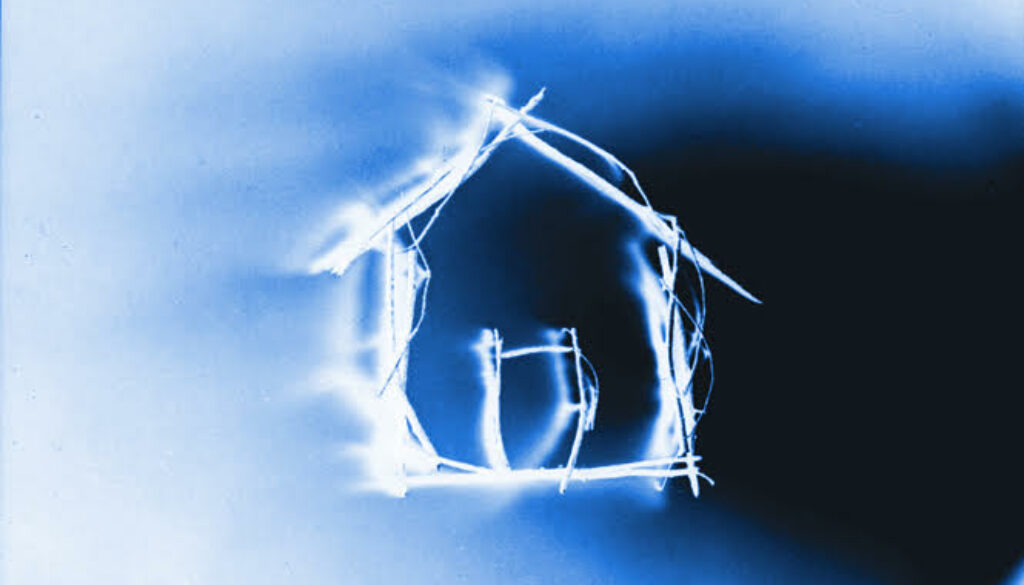Unification of Korea
Dear Supreme Leader of North Korea Jongun Kim:
Heartbroken by reports that you have seemingly given up on unification with the south, denying kinship with anyone living there, excising the word Unification from Unification Station, a subway hub in the capital city of Pyungyang, and banning the 2-System 1-Federation notion, touted as a preliminary step toward unification, I write as a fellow countryman and as a kinsman to beg you to reconsider. Yes, as a kinsman, though you may not have heard of me because my existence, probably inconvenient, may have been erased.
I am Heechang Park, the sworn brother to your grandfather Ilsung Kim, the revered Supreme Leader and Founder of North Korea. Born in 1918, 6 years later than he, my Elder Brother, I am 104 this year, 2024, and expect to join him any day. Except he would want a report on Korea and those media allegations about your renunciation of Korean unification would make him turn over in his grave, a true patriot, though misunderstood and vilified, who wanted to unify his divided fatherland more than anything else, even at the cost of a quick surgical military operation lasting only a few days.
Indeed all the information we had, both domestic and abroad, indicated it would be a cakewalk. We knew that the vast majority of South Koreans, the proletariat, poor and downtrodden, would welcome us. Our main concern was American intervention but everything pointed to total aversion to war in post-WW II America. In December, 1949, the US National Security Council announced that the US wouldn’t send troops to South Korea even if attacked by North Korea. But most decisively we had the green light: the Acheson Line. Believing that despite their seeming Communist camaraderie Mao Zedong and Ilsung Kim were Asian nationalists at heart, mortified by Western and, in particular, Soviet dominance, Dean Acheson, the then US Secretary of State, encouraged Mao to take over Taiwan and Kim South Korea, by getting published on January 12, 1950, the line drawn from Japan to the Philippines, explicitly excluding South Korea and Taiwan, as the line of US defense in East Asia against the USSR, its Cold War adversary.
As his confidant and kin I was at his side day and night for months, carefully evaluating our chances of success, and we launched the invasion at 3:30 a.m. on Sunday, June 25, 1950. But, alas, all hell broke loose because the US Congress reacted to it as Pearl Harbor No. 2, igniting a mini-WW III fought in our beloved peninsula killing one out of ten of our countrymen or more.
Moreover, it is calumny of the vilest kind to accuse Elder Brother Ilsung Kim as a Soviet puppet who wanted to give
Stalin a bigger chunk to join the USSR. Stalin didn’t have any plans to annex Korea, either wholly or by half, nor Mao, to whom Elder Brother Ilsung appealed for support in persuading Stalin to provide the arms for his People’s Army to launch the zero-risk tactical assault. That Elder Brother had no plans for donating Korea to Russia is shown by his 1955 announcement of Joochay or Selfhood as North Korea’s guiding ideology, an indigenized nationalistic revision of Marx-Leninism, thereby detaching itself from Soviet hegemony and obliquely justifying Dean Acheson.
But we’ll get to that after I explain how he and I got to be brothers, though without the same parents, because that is not in the official biography of your grandfather, as it deals mainly with his fight against the Japanese empire in China and Russia during the 1930’s and the first half of the 40’s and his subsequent leadership of North Korea from the latter half of the 1940’s until his passing in 1994 exactly three decades ago, whereas our relationship goes back to the 1920’s when he was in his early teens and was living with his maternal grandfather, Pastor Donwoog Kang, your great great-grandfather who is revered as a saint but with somewhat scant detail because Christianity or any religion for that matter does not exactly see eye to eye with Communism, be it Marx-Leninist or Joochay.
On Sunday, June 22, 1925, took place our first meeting, your grandfather 13 years old and me 7, at the church in the village called Yangjigol or Valley in the Sun, about 2 miles west from the district of Mangyungdae or Panoramic Heights in Pyungyang, where Pastor Gang had his residence, now sanctified as a national monument because that’s where your grandfather grew up. The capital of North Korea after the division of the country in 1945 Pyungyang was at this time the capital of South Pyungan Province, one of the 14 that made up the undivided peninsula of Korea, a colony of Japan since 1910.
The service that day was special…
[The rest of the novella soon to be published]

